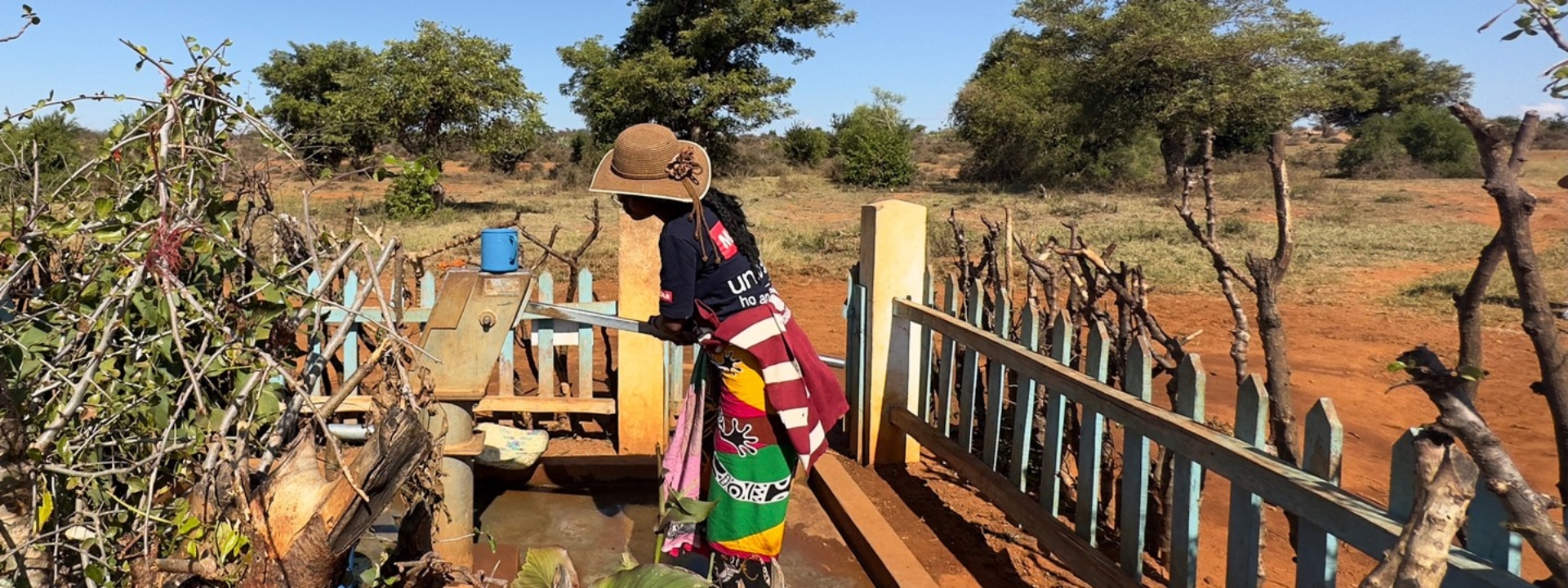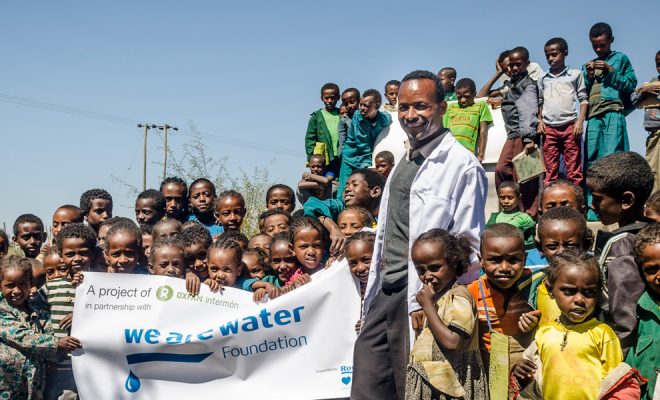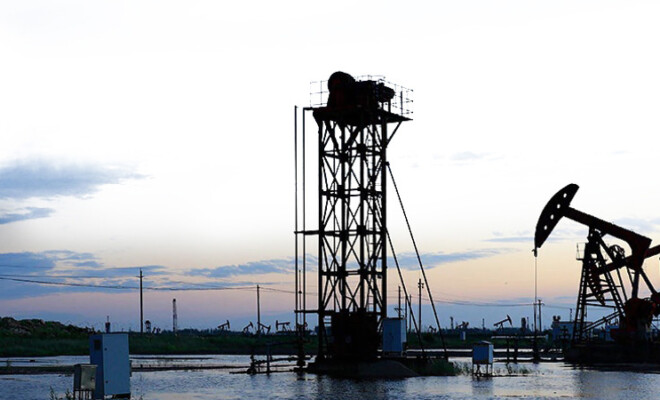We call it “community ownership” when we work with our NGO partners. This concept fosters a sense of belonging and collective awareness, especially among those lacking access to water and sanitation. Now, with these essential resources, the aid provided becomes a vital community asset. It opens the door to prosperity, radically changes their lives, and ensures their survival. Access to water allows them to grow crops, raise livestock, eradicate diseases, and combat malnutrition. It also creates job opportunities that, despite being challenging, yield significant benefits.
When schools have access to water, sanitation, and hygiene, young people can complete their studies, and the entire community gains an understanding of the crucial link between water and land, a land no one wishes to leave. They learn how to survive and share resources. There’s nothing more powerful in fostering solidarity than shared water. This forms the foundation of sustainability and is the most valuable outcome of our projects.
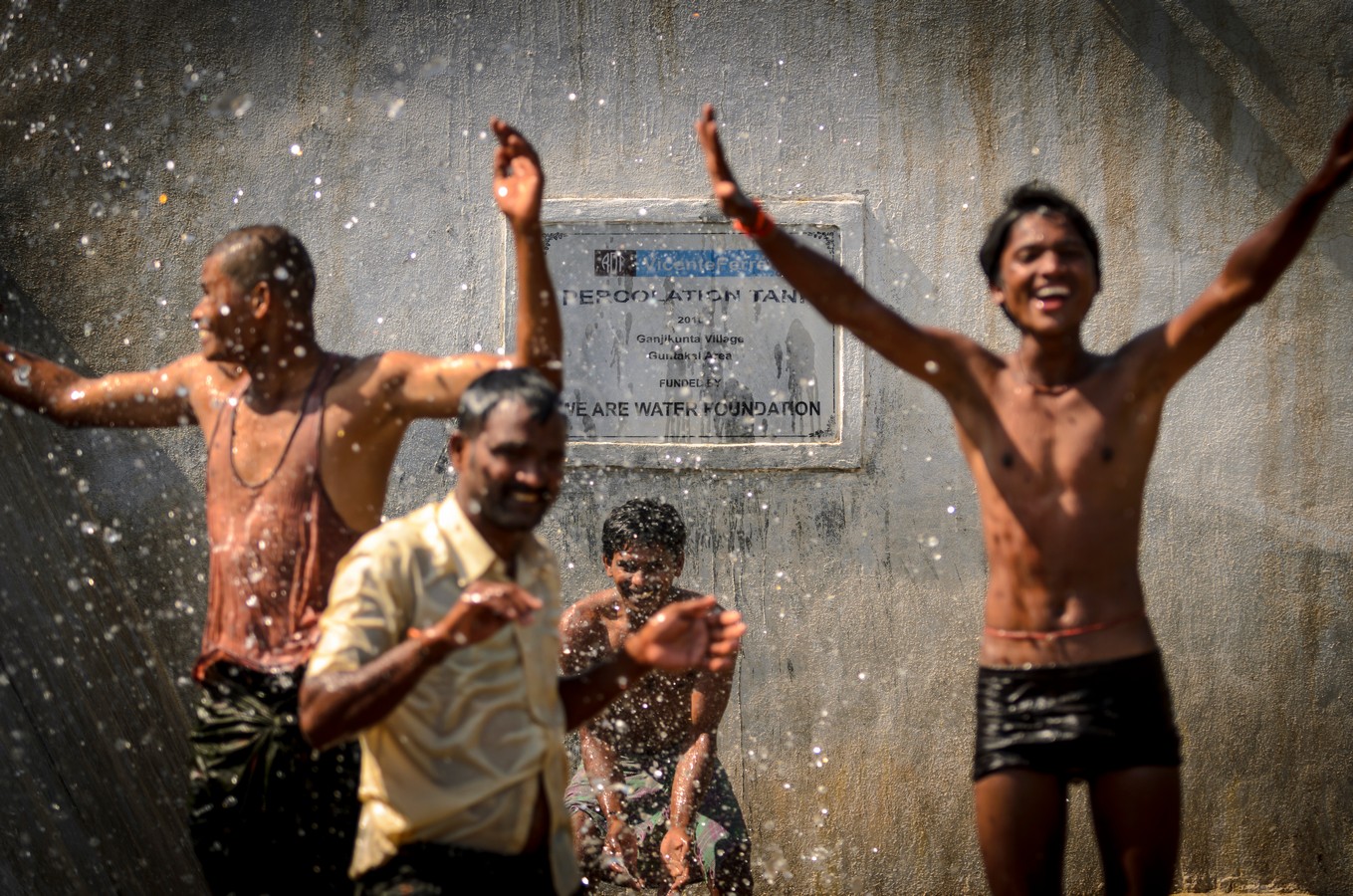
The greatest success of our projects is engaging the community with the water resources they gain. © Carlos Garriga /WAWF
A New Economic Value Emerging from Water
Community ownership is fundamentally supportive and forms the basis of what the World Bank termed “shared prosperity” at the first World Water Forum, held in 1997 in Marrakesh. Even then, the world was grappling with a global water crisis, although it had not yet captured media attention and the outlook was not as dire as it is today. The Forum produced the “World Water Vision,” a declaration recognizing access to water as crucial for reducing the number of people living on less than US$1.25 per day to 3% by 2030.
Last month, the World Water Forum held its tenth edition in Bali with the participation of 160 countries and over 64,000 experts. The theme was “Water for Shared Prosperity.” The World Bank, in collaboration with the GWSP and the Government of Indonesia, released a report with the same title before the meeting. This exceptional event underscores the importance of the topic.
14 Years of Shared Prosperity
The document’s conclusions, citing 31 international reports, and the guidelines it promotes are an updated roadmap for the challenging journey towards achieving, or at least approaching, SDG 6. All of them are central to the 96 projects we have developed over 14 years in 38 countries. As a result, over 3.7 million people are now experiencing the benefits of shared prosperity.
In Health and Education
Water has become the cornerstone of equal opportunity in health and education, which is crucial during the early stages of life. In rural communities where we have provided secure access to water, children under 15 are more likely to achieve better educational outcomes. This improvement in education enhances human capital and fosters social cohesion by enabling efficient work. Our interventions have had precise results: reducing migration to cities and cultivating a water culture, which is the best tool for building climate resilience.
The benefits of water, sanitation, and hygiene interventions in schools are profound. This is evident for the more than 322,000 beneficiaries of our 26 projects in schools across 16 countries. Children have become agents of change, fostering social cohesion, which aligns with the report’s guidelines advocating for efficient and equitable water resource management. In these students’ communities, knowledge has led to increased confidence, inclusion, and cooperation.
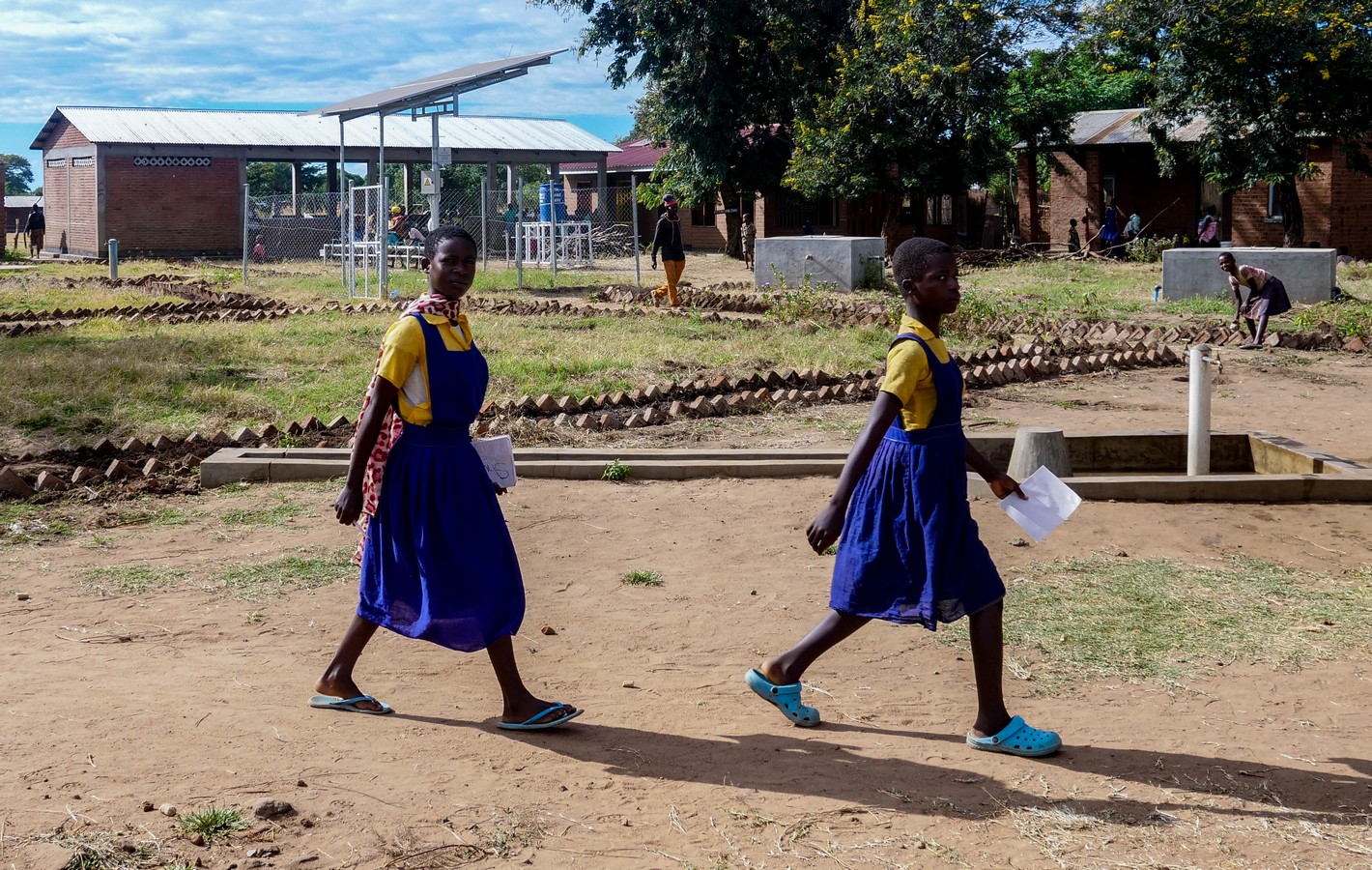
In rural communities where we have provided secure access to water, children under 15 are more likely to achieve better educational outcomes.
Improving the Environment
The environment took center stage at the World Water Forum. Water supports aquatic life, fosters biodiversity, and facilitates the transport of nutrients within and between ecosystems. It also regulates temperature and shapes weather and climate patterns. Water creates landscapes through erosion and sedimentation.
These tangible results come from our 16 projects focused on recovering aquifers and water bodies. Around 50,000 farmers have witnessed the strong connection between environmental health and the diversification and productivity of their crops. The construction of small reservoirs in India is a prime example of this success.
The Power of Shared Water
Water has a profound power that extends beyond its immediate benefits. Sharing water fosters solidarity and unites people with the common goal of prosperity. This sharing is the foundation of sustainability, resilience, and peace. When water is shared, there is no turning back: communities rise from poverty and progress toward greater self-sufficiency. Our collective goal is to make this power available to those who still lack it.
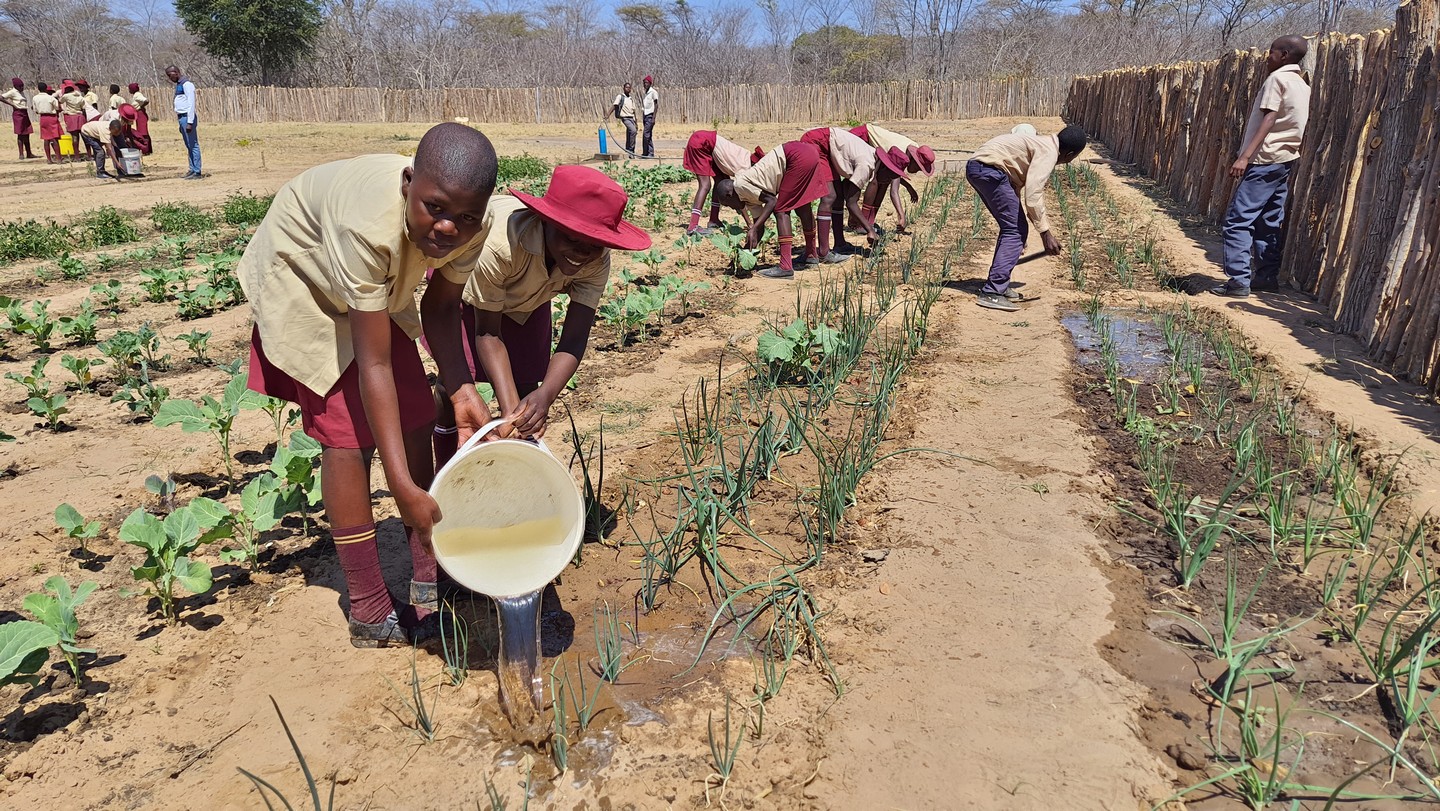
Sharing water fosters solidarity and unites people with the common goal of prosperity.


